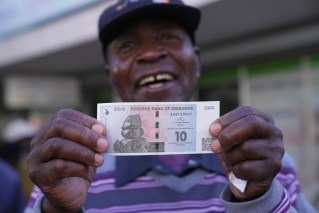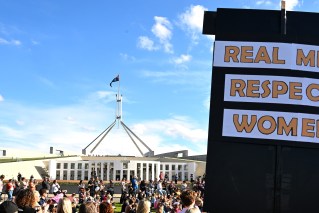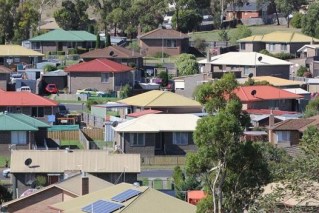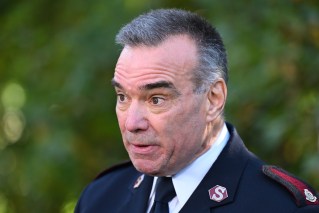Aged care providers must ‘bid’ to vaccinate staff under federal program
People in the 1a vaccination group are meant to have priority but the Morrison Government is still deciding how they will be vaccinated.
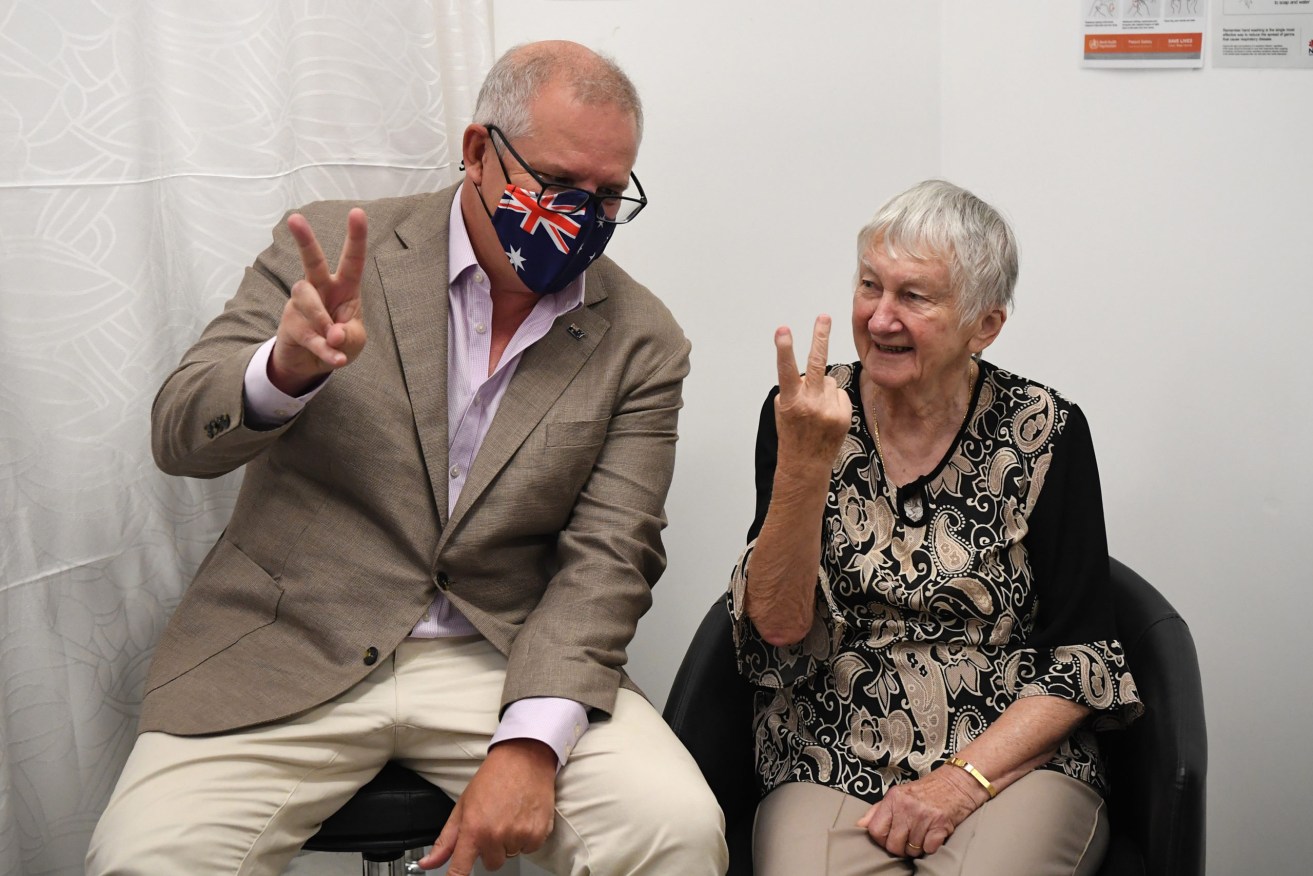
Prime Minister Scott Morrison has announced a freeze on the deeming rate for pensioners, ensuring their pay is not affected by interest rate rises for two years. (AAP Image/Joel Carrett)
While Queensland has now delivered more than 100,000 vaccinations, and Australia is expected to pass the one million milestone tomorrow, supply issues have largely overshadowed an apparent lack of planning for the administration of vaccines.
As of today, Queensland has officially recorded 1,500 cases of COVID-19 since the pandemic began – thousands fewer than initially feared – and is counting on vaccinations to remove the need for restrictions and snap lockdowns.
Officials from the federal Department of Health yesterday held talks with aged care providers and potential contractors to determine how, and when, staff would be vaccinated. That is despite aged care being particularly vulnerable to COVID-19, and among the first sectors to be placed into lockdown in the event of an outbreak.
While the Commonwealth already has privately-contracted teams providing outreach to aged care homes to vaccinate residents, it recently issued tenders for the work of vaccinating their own staff. This could include direct contracting, subcontracting or even forming consortia in order to get the work done.
The level of paperwork required is already a problem and the department is working to simplify the process and also resolve issues with nurse accreditation and insurers not wanting to indemnify onsite vaccinations.
Some in the sector have complained the process – quite different to how flu vaccines are normally administered – presents an additional barrier to vaccinations. Some staff are already joining the queues at GP clinics and it is understood there is even greater uncertainty in disability services where the department has a separate tender. Some private hospitals have also suggested staff go to GPs rather than wait for in-house vaccinations.
Yet GPs, like state and territory governments, continue to complain of a lack of supply to meet demand.
Prime Minister Scott Morrison today acknowledged the pace of the vaccination rollout was dependent on supply, which was constrained by an unanticipated lack of imports and slower domestic production. He had previously promised a world-leading program that would have seen millions more Australians vaccinated by now.
“This is a very complex vaccination program, it’s the biggest Australia has ever engaged in,” Morrison said.
The Commonwealth is responsible for ensuring 190,000 aged care and disability care residents, and a further 318,000 staff, are vaccinated as part of phase 1a of the national roll-out strategy. Phase 1b has already started even though there is no timeframe for 1a to be completed, with the department only asking in the tender process that work be done “by late May 2021”.
While some jurisdictions are considering mass vaccination centres, Morrison freely admitted that would be of little help if there were no supplies – a point also made by Premier Annastacia Palaszczuk.
“The last thing I’d want to see is thousands of people turning up to a centre and not having the supply,” Palaszczuk said, urging Queenslanders to seek an appointment with their GP or wait for pharmacists to provide the vaccine.
Palaszczuk said the Commonwealth was responsible for 70 per cent of the rollout, and would be under pressure at National Cabinet tomorrow to be more transparent about both supply and administration of vaccines.
In Queensland, several incidents in aged care may undermine confidence in the program. Early on, two Brisbane residents received double the recommended dose, while various centres have complained of missing or late supplies, disrupting their bookings.
An investigation has also been launched into the death of an elderly Gold Coast woman who died hours after receiving the vaccine. While there is no evidence the vaccine contributed to the woman’s death, it received widespread media coverage and drew responses from both Morrison and Palaszczuk.
“In terms of the vaccine, the benefits outweigh the negatives,” Palaszczuk said.
National Cabinet will also discuss the emerging link between the AstraZeneca vaccine and blood clots, but Morrison said any restrictions would not be of concern to aged care because such side effects had only been seen in younger patients.
Queensland recorded three new cases of COVID-19 overnight, all acquired overseas and detected in hotel quarantine. That brought up 1500 cases overall since the pandemic began, with 68 of those still active.

